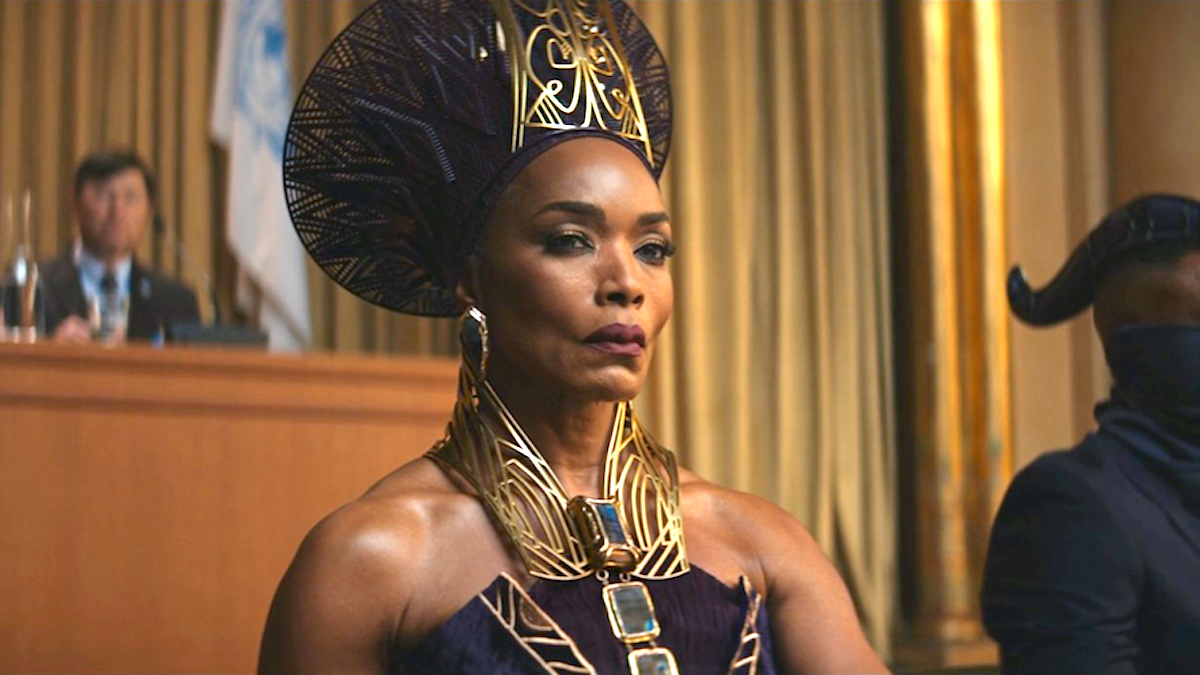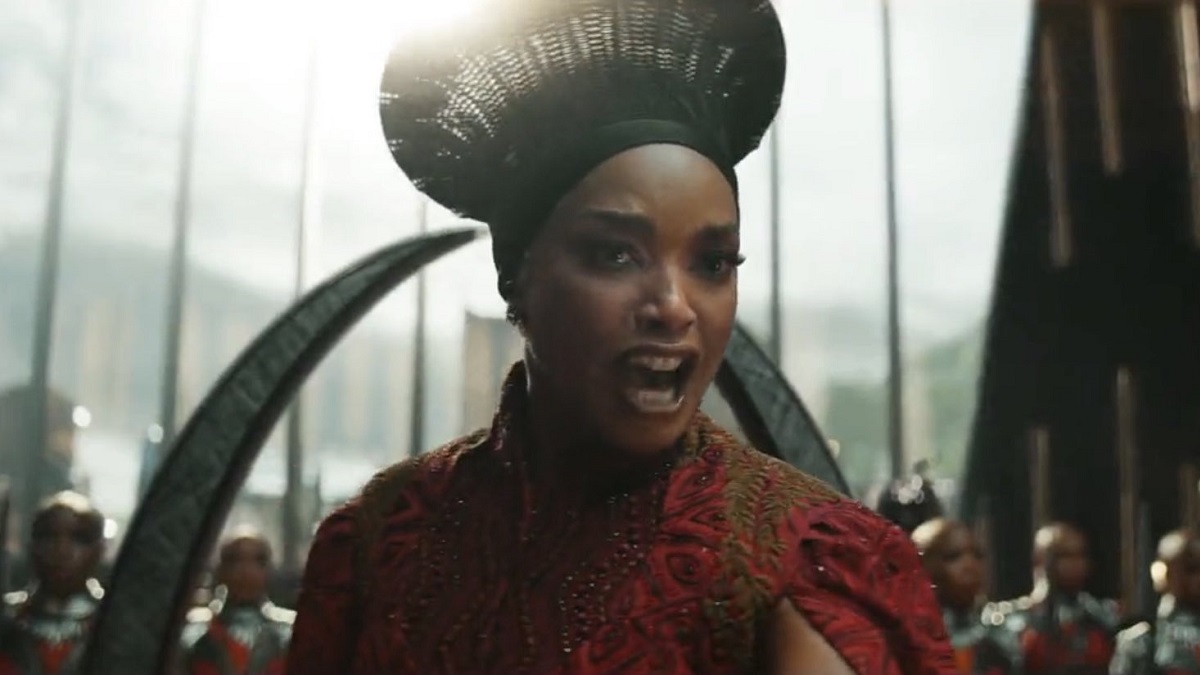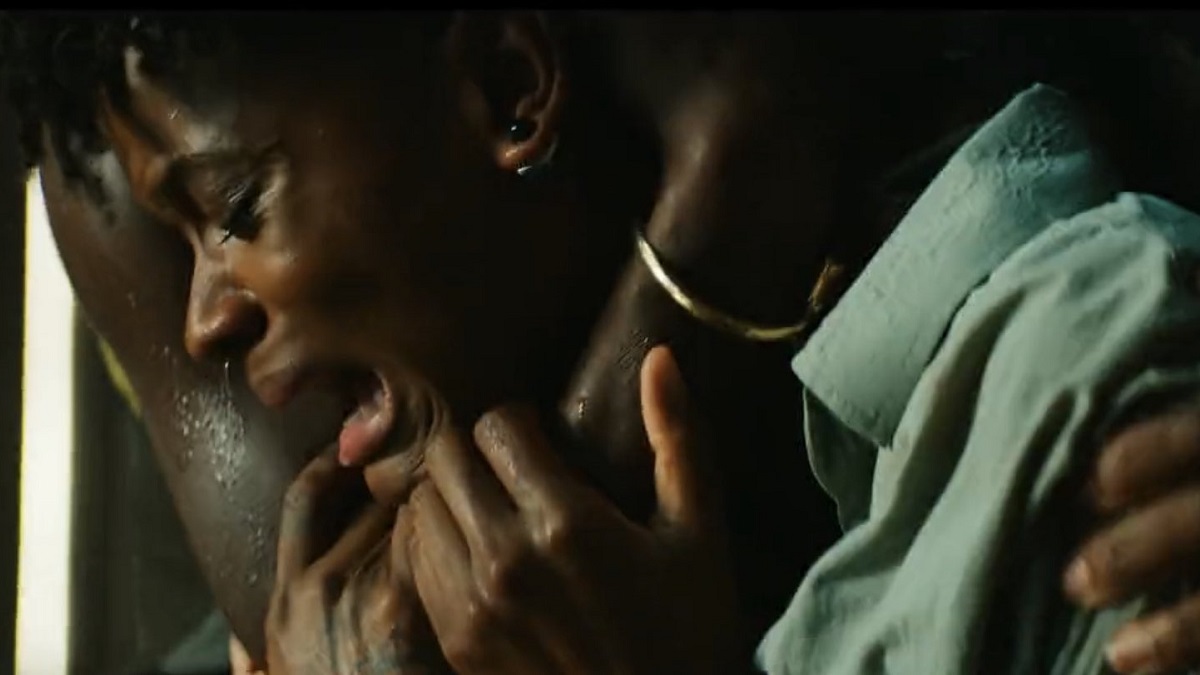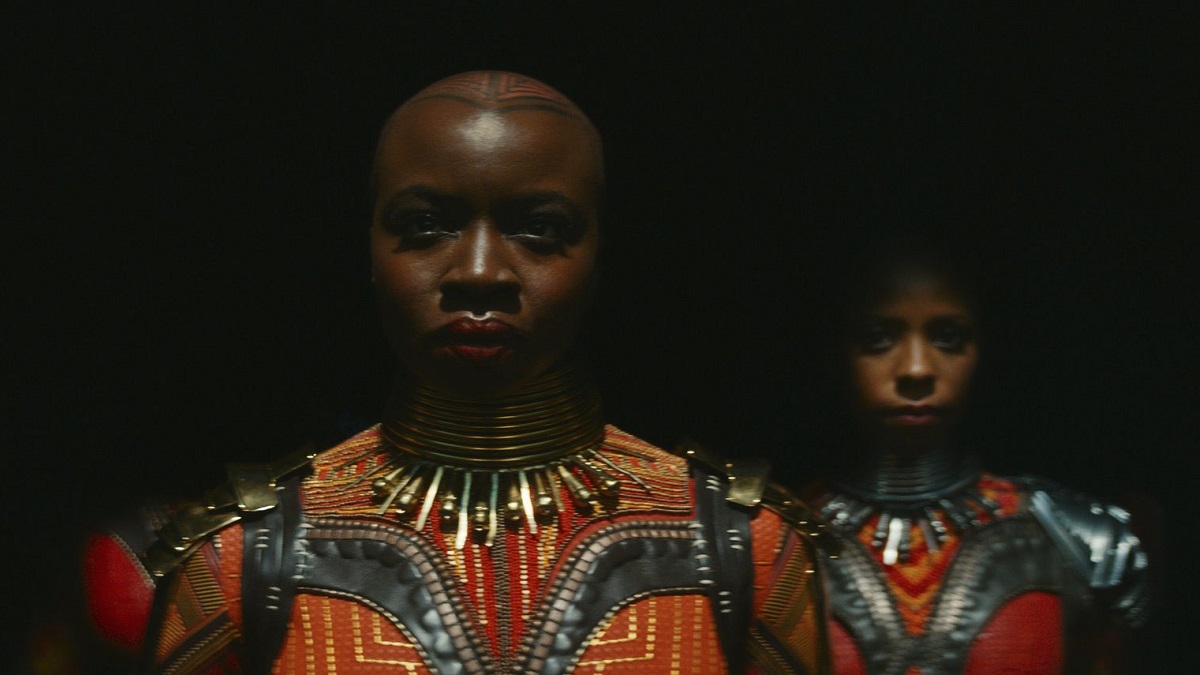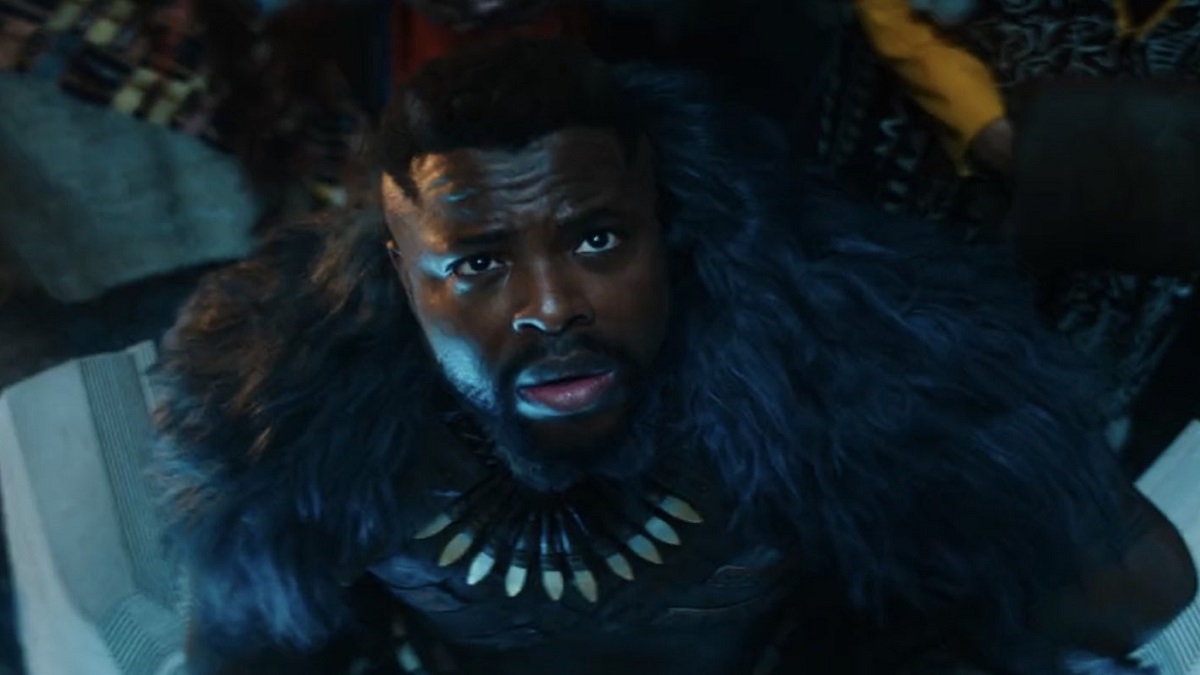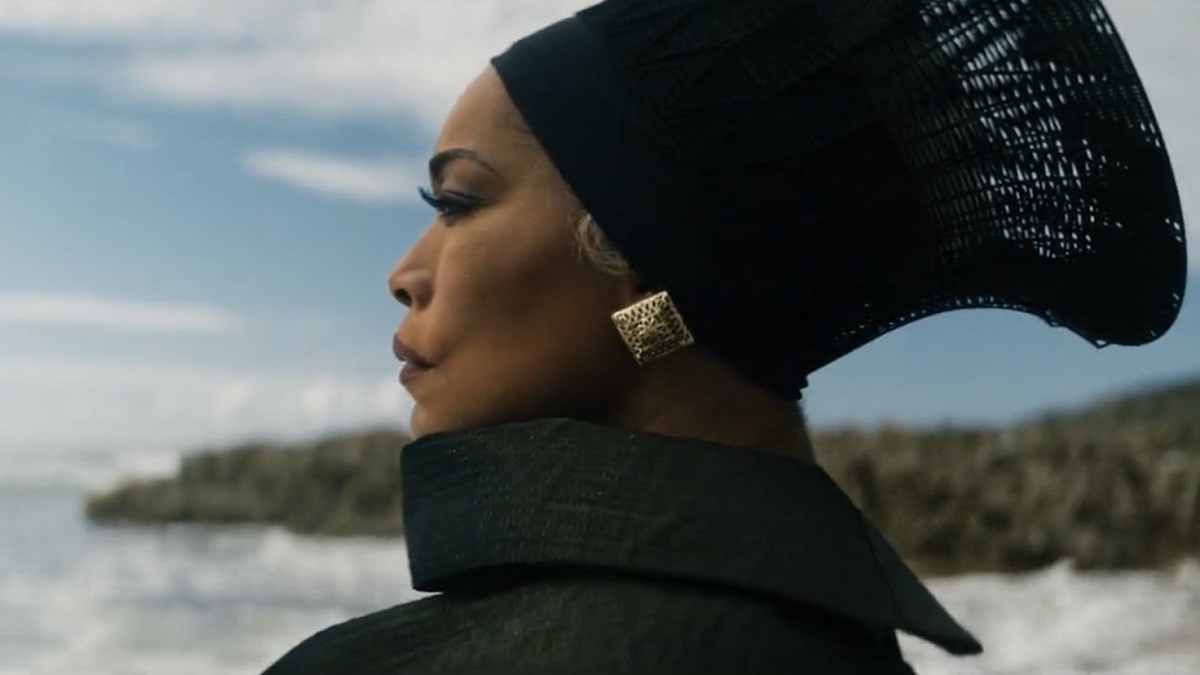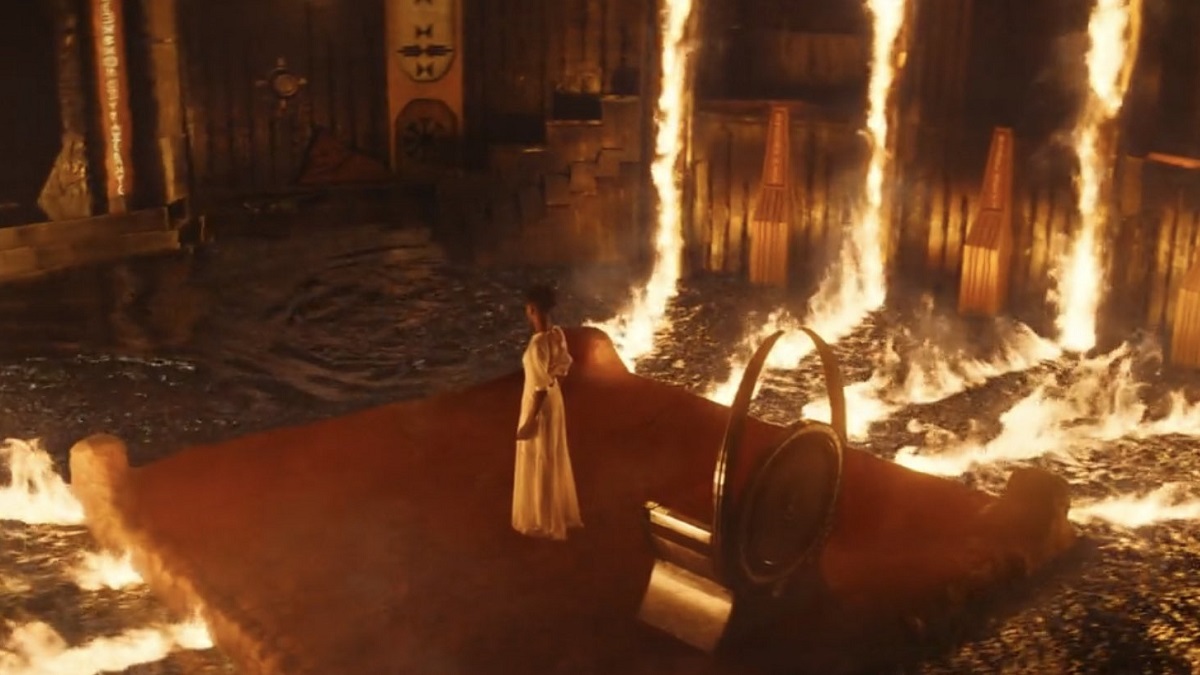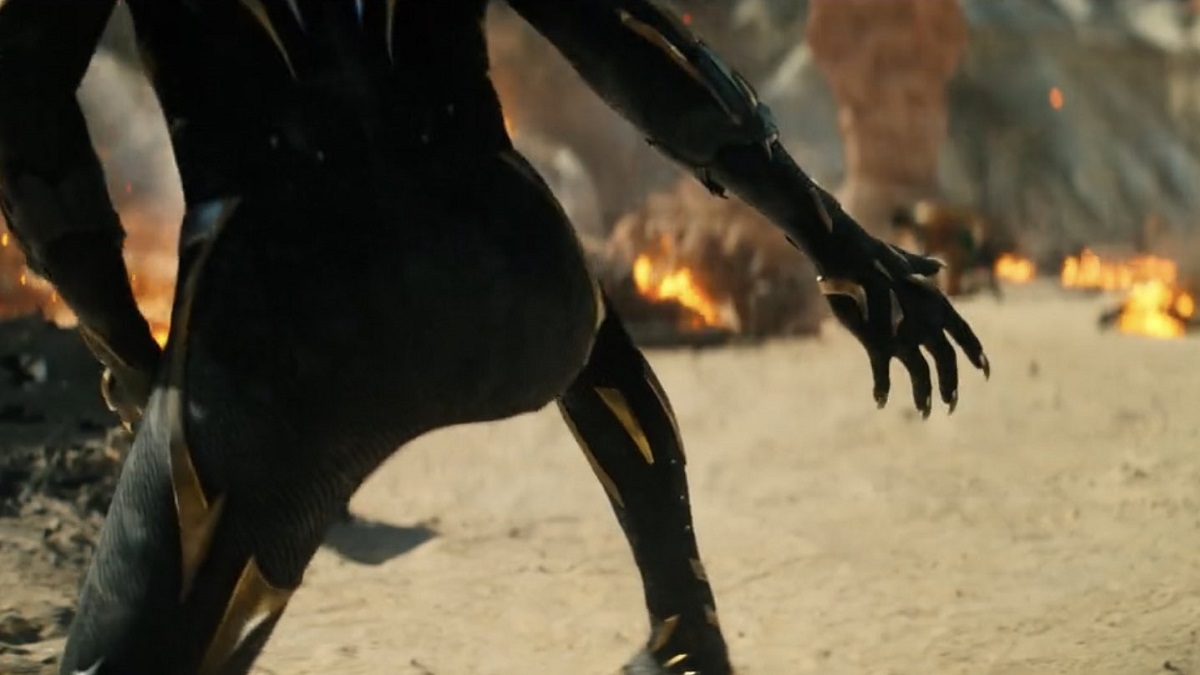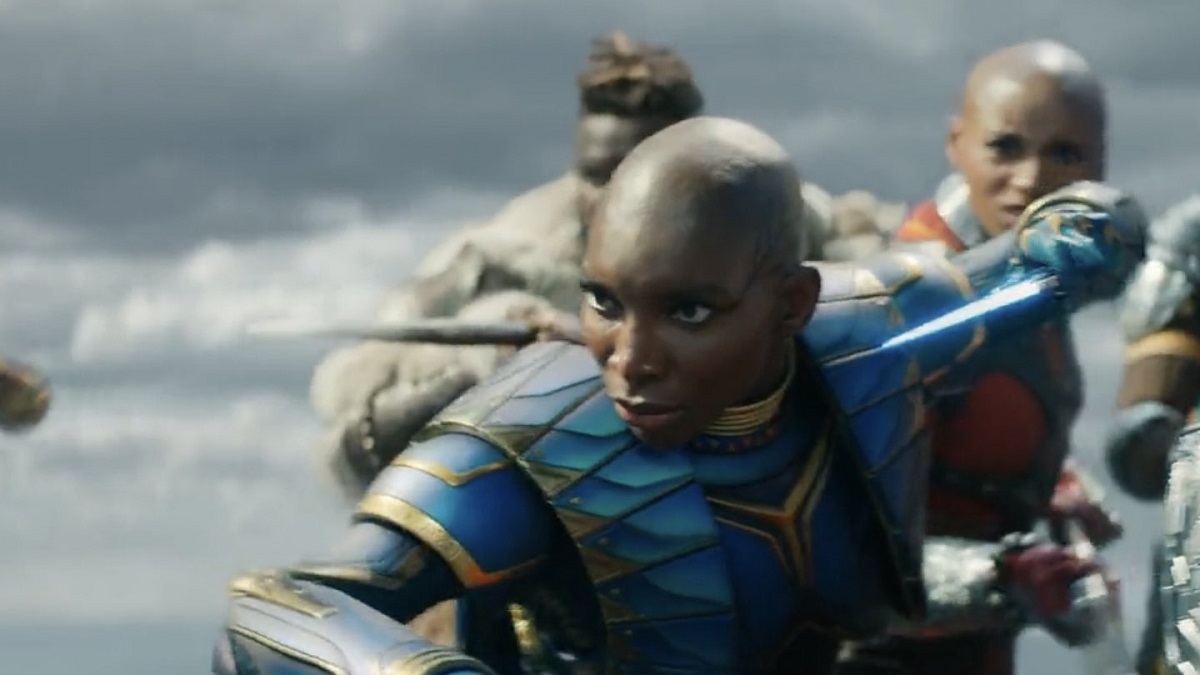History was made the day Angela Bassett received her second Oscar nomination for Best Supporting Actress for Black Panther: Wakanda Forever. The 64-year-old actress has since become the first woman, the first person of color, and the first Marvel Studios actor to have their performance recognized by the Motion Picture Academy. She won her first Oscar for Best Actress 30 years prior for her performance as Tina Turner in What’s Love Got to Do With It.
Bassett’s performance in Wakanda Forever has already scored her numerous accolades, including a Golden Globe and a Critics’ Choice award, as well as nominations for SAG, BAFTA, and NAACP Image awards. Should she go on to win the Oscar, she will singlehandedly tip the scales in Marvel’s favor, potentially altering the tectonic plates upon which superhero cinema rests.
Despite their astronomical box-office numbers, MCU films have largely earned a reputation for being of lesser artistic merit than, say, a Martin Scorsese or Steven Spielberg film, or any of the other grandstanding productions typically found among the list of Best Picture nominations at the Oscars.
In fact, Scorsese, Francis Ford Coppola, and even Quentin Tarantino and James Cameron — among others — have all come together to share their disdain for the direction film has taken since the MCU reconstructed the entire cinematic experience.
Actors and actresses running around in capes, playing make-believe superheroes, and throwing caution to the wind to save innocent lives is not the kind of acting the aforementioned filmmakers consider to be quality. Scorsese has called Marvel movies “theme parks.” Coppola has called them “despicable.” Tarantino has attributed Marvel’s impact on cinema as being “the worst in history,” as well as calling those who play superheroes “not movie stars.” And to top it off, Cameron has referred to the actors who play their parts as one-dimensional characters who “all act like they’re in college.”
Should Bassett win an Oscar for her performance as Queen Ramonda, the head of state of the fictional country Wakanda, it would blow any past and future criticism about superhero cinema out of the water, and pave the way for future Marvel cast- and crewmembers to follow in her footsteps.
To be fair, not all Marvel movies have arrived with the same level of force that Black Panther: Wakanda Forever did. The tragic passing of Chadwick Boseman lent the film a certain level of gravitas. The kind of even-keeled awareness that Cameron believes Marvel characters lack was still present, to be sure, but that’s the point — they’re superheroes. They’re heroic. They put others before themselves; the point lies in the accusation. Even in Wakanda Forever, the same reckless abandon can be found, but this time it paid off.
What Bassett’s potentially historic win does for the future of superhero cinema is open a portal for untapped talent to enter the fold, be it in the acting, writing, directing, or casting process, thus expanding the MCU beyond what we know it as now. That’s not to say that the creative minds behind outstanding productions such as Avengers: Endgame and Spider-Man: No Way Home were in any way less talented than those who may come into the fold following Bassett’s hopeful win. It simply means that those who’ve maintained skepticism about the legitimacy of comic book adaptations in cinema need not feel so alone on their islands; they’ve now been handed a boat, an oar, and a map.
Additionally, Bassett’s win could open the eyes of the Academy to the incredible performances that are already taking place each and every year. In the same way that art can open our hearts to unexplored depths, Bassett’s win could open eyes heretofore obstinately clamped shut.

